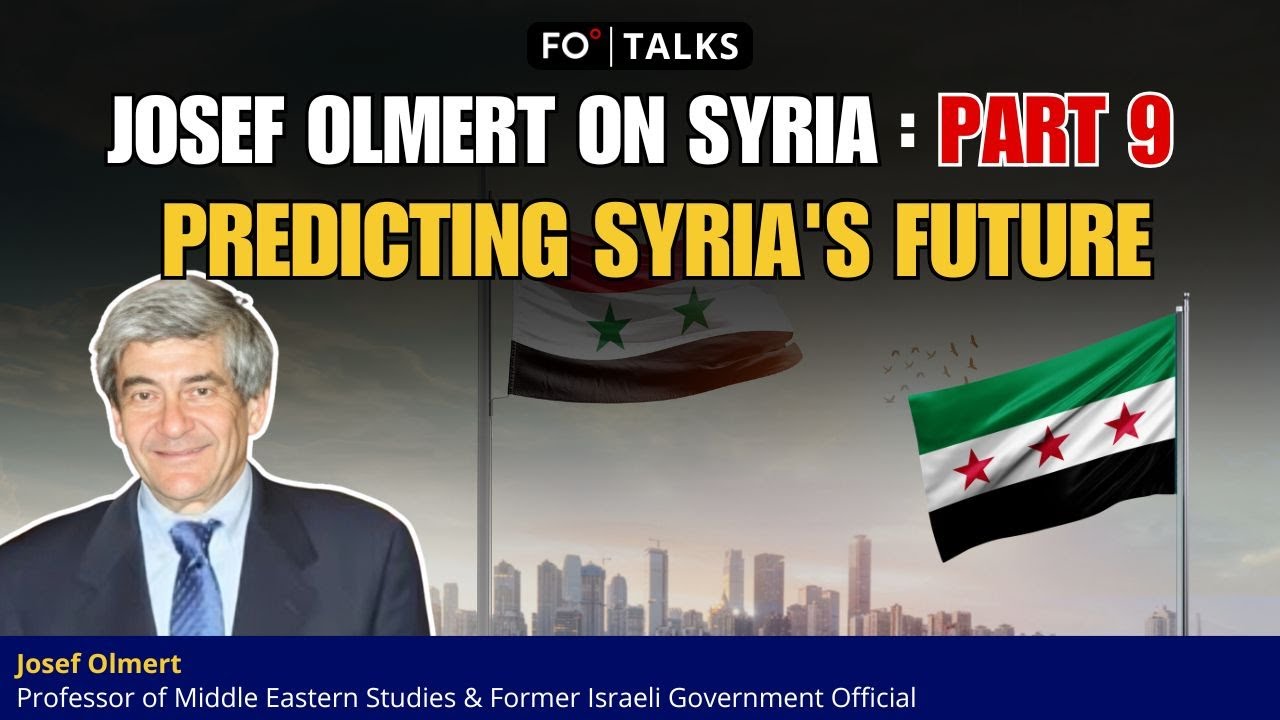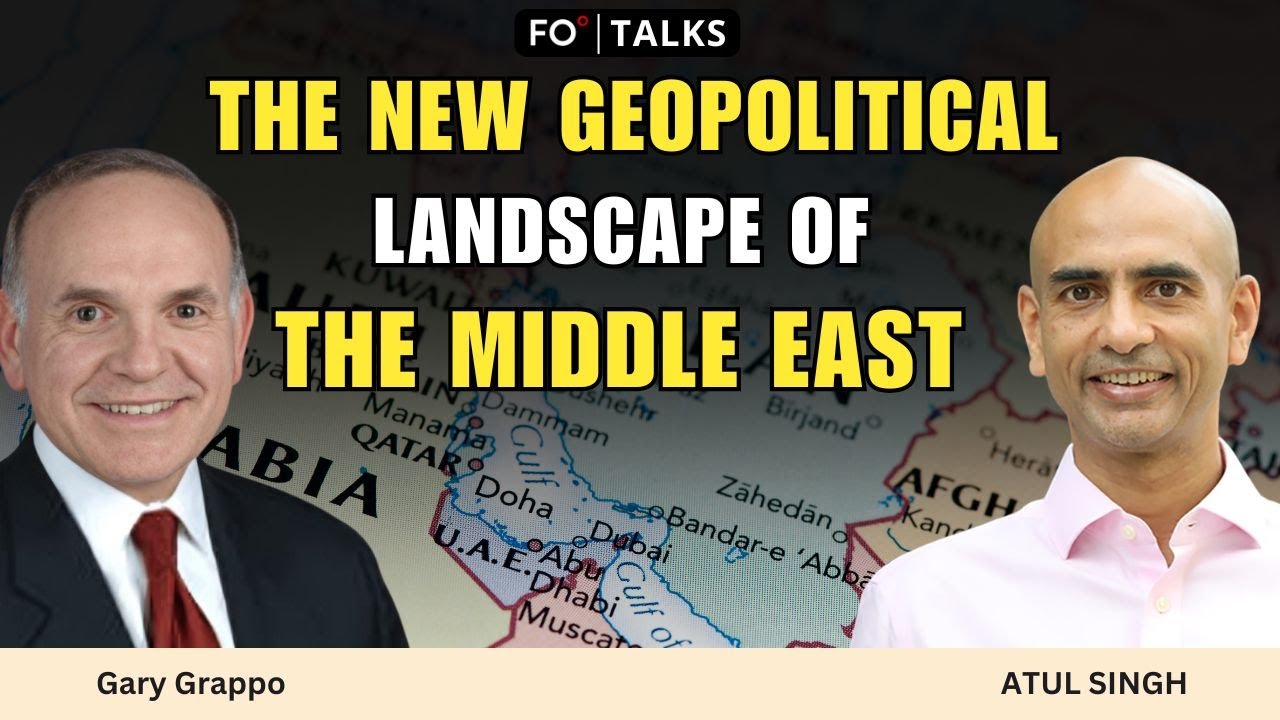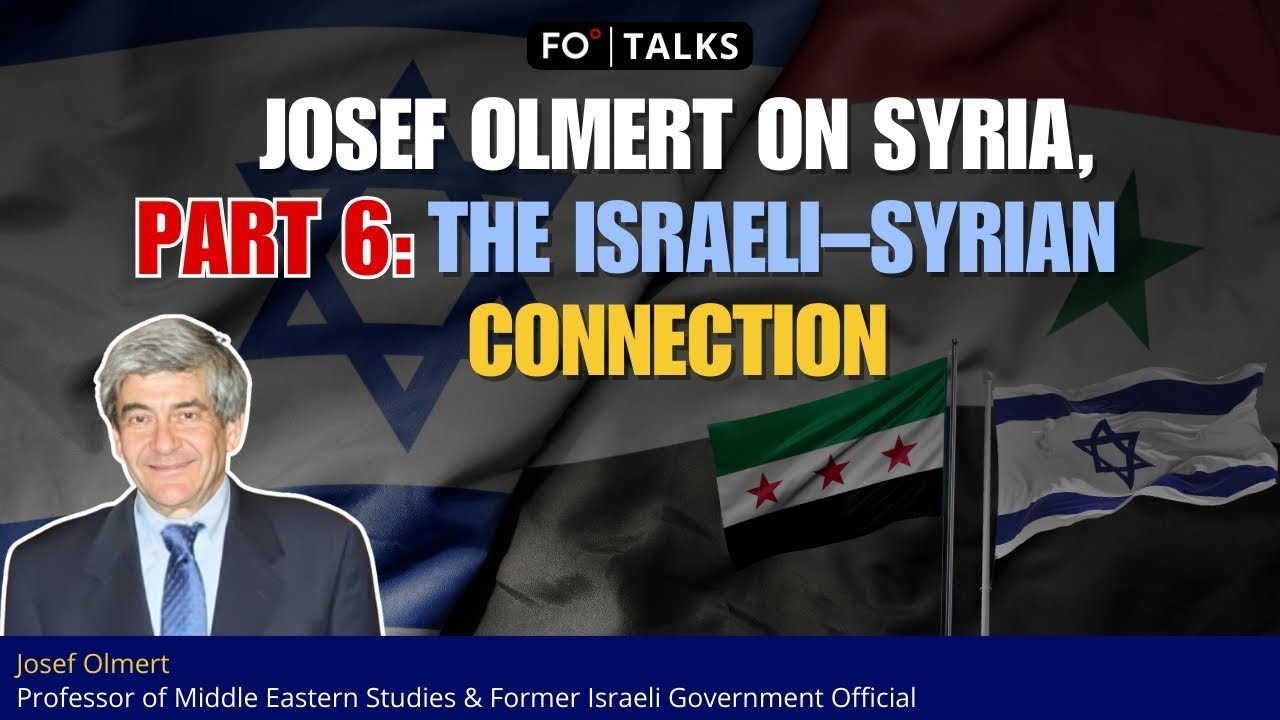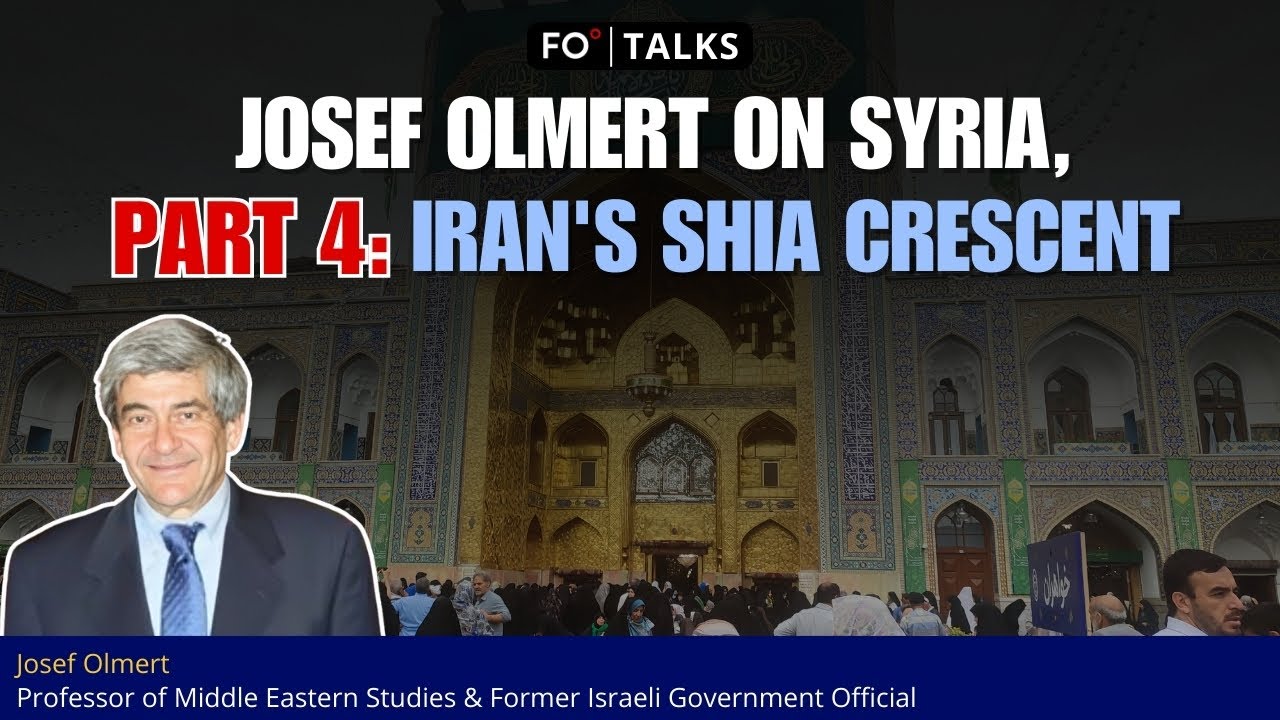In 2007, the terror group Hamas took control of the Palestinian territory of Gaza. Since then, Israel and Egypt have blocked or tightly controlled all traffic in and out of Gaza. Consequently, the territory has suffered from economic depression.
On October 7, 2023, Hamas crossed the Gaza–Israel border and brutally killed 1,200 people. Israel has responded with an assault on Gaza, leveling many buildings and killing 16,000 people so far. The fighting has displaced the great majority of Gaza’s 2.3 million population.
The war has been intensely polarizing, sparking a war of pro-Palestinian and pro-Israeli narratives and demonstrations in capitals across the globe.
Fair Observer’s Editor-in-Chief Atul Singh has just returned from London. There, he saw several demonstrations, with tens of thousands marching in favor of a permanent ceasefire in Gaza. Pro-Palestinian and pro-Israeli activists are also fighting a poster war in this historic city, tearing down one another’s leaflets even in posh neighborhoods like Hampstead. Within the center-left Labour Party, party leader Sir Keir Starmer experienced a full-scale revolt from pro-Palestinian members of parliament because of his refusal to call for a ceasefire.
From Amsterdam to Berlin, Stockholm, Rome and Madrid, this divide runs deep. Most Muslim immigrants are pro-Palestine while many rightwing Europeans are pro-Israel and anti-Muslim. In fact, Dutch voters gave anti-Muslim politician Geert Wilders’s party the most seats in the November 22 elections.
Tensions are sky-high in the US, too. On November 25, a man shot three Palestinian youths in Vermont, paralyzing one of them. There have been shouting matches on Ivy League campuses. A Harvard professor even told Singh that the October 7 “needed” to happen because of the Israeli blockade.
Why is this war so polarizing? It’s the demographics
Israel has long since lost the perception war both in the West and in the Middle East. Sympathy, naturally, goes to the weak. The world can see that Israel has a powerful army and enjoys economic prosperity. Meanwhile, Gaza is tiny, intensely overcrowded and poor.
Of course, Arab and Muslim nations naturally sympathize with their ethnic and religious brethren in Gaza. However, Western societies now have much larger Arab and Muslim populations too. Gone are the days when Jews far outnumbered Muslims, for example, in the United States. So these nations no longer automatically look at Palestine from a Jewish perspective. They now have a more fragmented perspective. So, there are many more Americans who are ready to challenge Israel.
Immigration has brought in cultural and civilizational divides that were once foreign to the West. In the UK, Muslims and Hindus line up against each other politically. Muslims largely vote for Labour and Hindus vote for the Tories.
People identify more viscerally with others who look like them, speak their mother tongue or share their religion. Indeed, religion can often be the most powerful motivator of all. The founder of modern psychology, Sigmund Freud, thought that the sex drive was the basic motivator of human behavior, but history teaches otherwise. Nearly every nation, especially in Europe, has been riven by religious war, sometimes for hundreds of years. Religion captures the values and identities that human beings hold most dear, and people are willing to fight, die and indeed kill for that.
So, it is easy to understand how feelings over the war in Gaza would have been so high, even if Hamas’s October 7 attack were not so brutal or Israel’s response so destructive.
Divides between the old and young
In addition to the religious divide, there is also a generational one. In the West, young people increasingly perceive Israel as an apartheid state. Youth activists on college campuses and elsewhere have been vocal in supporting Palestinian statehood.
This is a view not shared by their parents. This generation is largely Baby Boomers, who were born and raised in the aftermath of World War II. The Holocaust is a much fresher memory for Baby Boomers. They remember how 6 million of Europe’s Jews were slaughtered and how many of Jewish survivors subsequently fled to Israel. So, they feel reflexive sympathy for the Jewish state. Likewise, anti-Jewish rhetoric from Hamas strongly reminds them of the Nazis.
On the other hand, young people are less likely to look at the situation from a postwar perspective. Contemporary race relations, consciousness of the oppression of minorities and the legacy of colonialism shape the lens through which they view Palestine. So, when they look at Palestine, they see an oppressed, brown minority being hemmed in by a rich, ethnically white European nation. In their eyes, the Jewish state is much stronger than the Palestinians and is gradually annexing more and more Palestinian lands. This is clearly the behavior of a colonizer.
Generational shifts cut both ways though. Ironically, colonial awareness has gone down in India at the same time that it has gone up in the West. In the 20th century, India was a young nation and an ex-colony. It had close ties with the Soviet Union and followed a socialist policy at home. Indians saw the US, UK and Israel as colonial oppressors, and sympathized with Palestine as a fellow colony.
Today, although India is still officially a socialist country, the memory of colonialism has faded for many young people. Now, India is a swiftly developing and confident nation. Indians admire and want to emulate Israel, which has constructed a vibrant economy with technological prowess and entrepreneurial grit.
The Indian National Congress party represents the older, post-colonial mindset. Congress was once the dominant party of India. Currently, it is the opposition. Congress will not even condemn Hamas because it is afraid of losing the Muslim vote. Like the West, India is also deeply divided over Palestine.
[Anton Schauble wrote the first draft of this piece.]
The views expressed in this article/video are the author’s own and do not necessarily reflect Fair Observer’s editorial policy.




































Comment